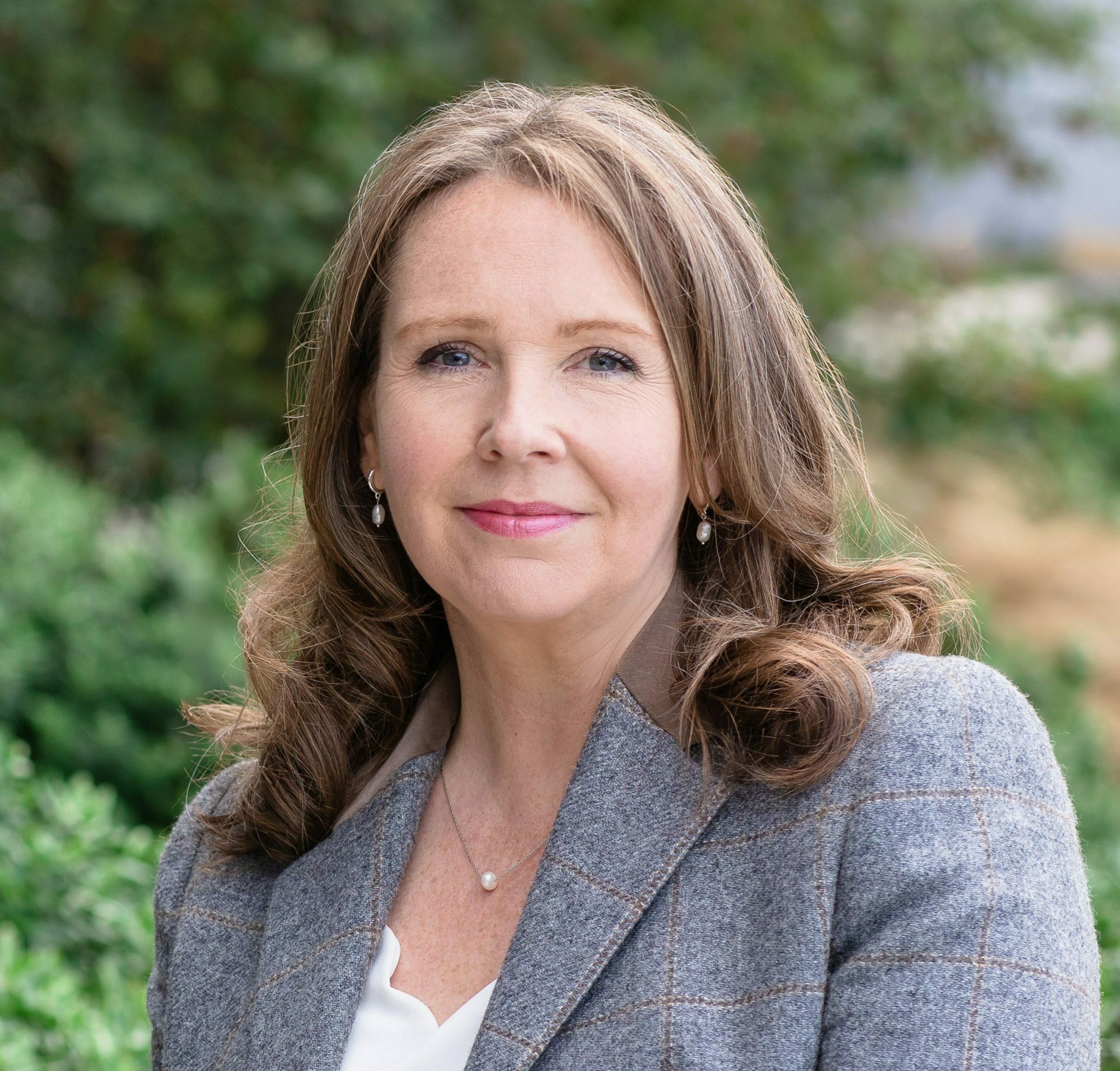

6 February 2025
As we say goodbye to January (phew, we made it), the landscape of professional services executive recruitment in UK higher education continues to evolve rapidly. Exciting careers exist across a wide range of areas of Professional Services, including roles in Human Resources and People Development, Finance and Procurement, Digital and Technology Services, Academic and Student Services, Estates and Facilities, Marketing, Communications and External Relations, Research and Innovation Services, Governance and Legal Services, International and Global Engagement and Advancement, Development and Fundraising. The sector faces unprecedented challenges, including financial constraints, shifting student expectations, regulatory pressures, and the need for digital transformation. For institutions seeking visionary leaders, this means that there just aren’t enough senior professional services candidates available through the traditional pathways.
At Anderson Quigley, we work closely with universities and higher education providers to identify and secure the next generation of professional services leadership. In recent months, we’ve observed several key trends shaping the sector’s approach to executive search in these areas.
Out of sector appointments
Historically, higher education leadership has been a relatively closed ecosystem, with directors typically progressing through professional services ranks. However, we are seeing increasing demand for leaders who bring experience from adjacent sectors, corporate strategy, digital transformation, and even public sector leadership.
Universities are complex, multi-million-pound organisations requiring commercial acumen, stakeholder management, and the ability to drive innovation. As student expectations evolve and financial pressures mount, hiring executives and governing bodies are looking beyond traditional career trajectories to find those who can bring fresh perspectives. Additionally, in some areas, a lack of sector-wide, macro succession planning coupled with many senior leaders opting for retirement or more of a portfolio chapter to their career, talent grown and developed through an HE-only career track is limited.
This means that career pathways into higher education professional services executive roles are diversifying for non-HE candidates. If you’ve worked in sectors such as healthcare, government, or technology and have experience leading complex organisations, there are now opportunities in higher education that weren’t available a decade ago.
Read more about out of sector appointments here.
The appeal of more diversified experiences
In today’s higher education landscape, institutions need executives who can:
Making the transition, and aligning with the culture
While skills and experience remain paramount, cultural fit is playing an even more significant role in executive hiring decisions. Universities are unique institutions, driven by values, tradition, and a strong sense of purpose.
In a university’s professional services directorates, a leader may have a strong commercial track record, but their appointment is unlikely to be successful if they do not align with the university’s mission and ethos. Therefore, hiring executives and governing bodies are placing additional emphasis on soft skills, emotional intelligence, and alignment with institutional culture.
This means that candidates will need to demonstrate a deep understanding of a university’s values, whether in areas of research, student experience, or community impact, in a selection process. This is as critical as showcasing relevant operational expertise.
Looking ahead: what this means for higher education leaders
The expectations placed on higher education executives are higher than ever, but so are the opportunities. Institutions that embrace diverse leadership pipelines that focus on culture as well as capability and that prioritise adaptability will be best placed to thrive in a rapidly evolving sector.
For those considering their next leadership move, now is the time to think beyond conventional career paths. Higher education is opening its doors to a broader range of professional services leaders than ever before, if you can bring the right combination of vision, agility, and commitment to the sector’s future.
At Anderson Quigley, we are committed to helping universities find and attract the leaders they need for the future. If you’re a hiring institution looking for insight into the changing talent landscape, or an executive exploring new opportunities, let’s connect.
You can connect with Kiersten on LinkedIn or email her at kiersten.avery@andersonquigley.com.

Kiersten Avery is a Partner at Anderson Quigley, however her career started over thirty years ago in the Chemical Industry as a Graduate Trainee. Her journey to Partner included roles in sales and strategic Marketing in the private sector, Leadership Development delivery for a Third Sector company and even a few years as a senior leader in a Higher Education Institution. Latterly she has drawn together her varied experiences into a successful career in Executive Recruitment, so if you are thinking of a sector change, she is well placed to advise and guide and enjoys supporting candidates to demonstrate how their own transferable experiences can potentially bring value to a sector that she enjoys supporting on a day-to-day basis.